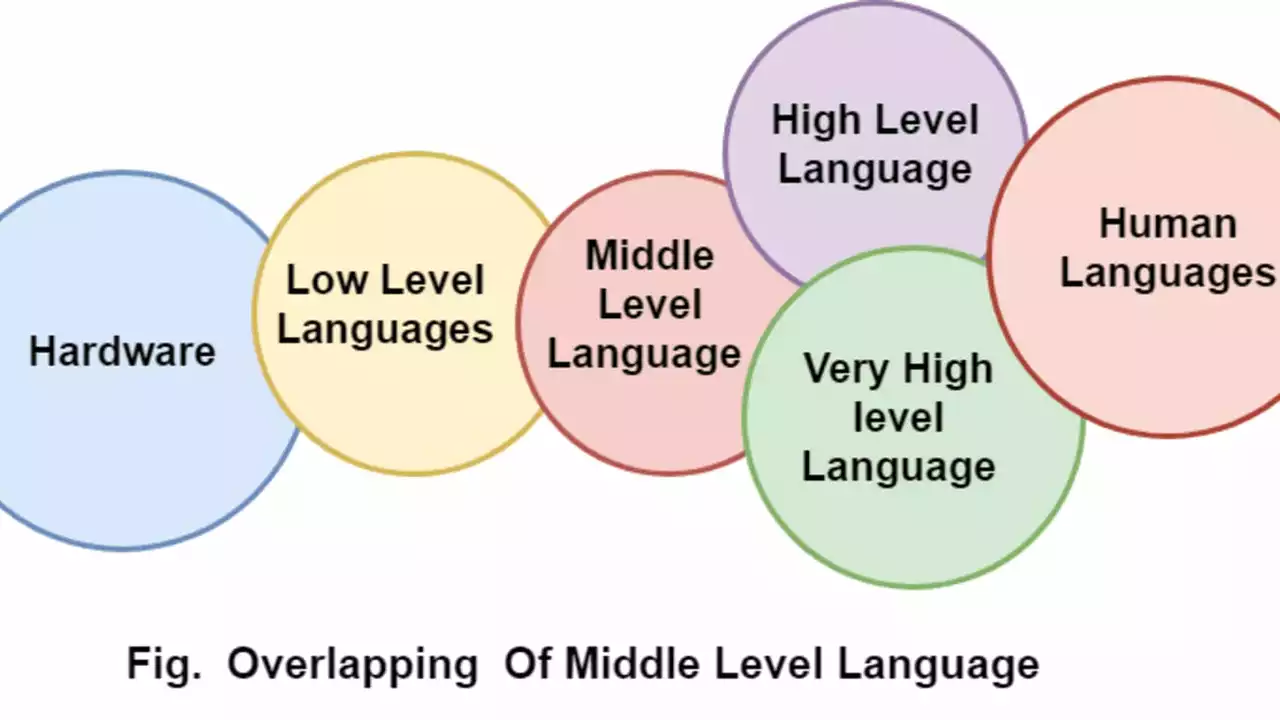Language Preference – Set the Site to the Language You Like
Ever landed on Flash Soccer Central and wished the pages were in a different language? You’re not alone. Most visitors want the content in a language they understand, and the good news is that changing your language preference is a breeze.
Why a Language Preference Matters
When the site speaks your language, everything feels smoother. You’ll read match reports, player interviews, and analysis without stumbling over unfamiliar words. It also helps the site show the right regional news, like local league updates or fan events that matter to you.
Quick Steps to Change Your Language
1. Find the language icon – Look at the top right corner of the homepage. You’ll see a globe or a small flag. That’s the language selector.
2. Click the icon – A dropdown list appears with the available languages. Choose the one you prefer, such as English, Spanish, or French.
3. Save your choice – Some browsers remember the setting automatically, but if you see a “Save” button, click it. Your selection will stick for future visits.
4. Refresh the page – The site reloads, and now all headings, menus, and articles appear in the language you selected.
If you’re on a mobile device, the steps are the same; the icon might be in the hamburger menu instead of the top bar.
Having the right language also improves the site’s SEO. Search engines see that users are engaging more when content matches their language, which can boost rankings for keywords like "soccer news" or "match results" in that language.
Need extra help? Just head to the Help Center or shoot us a quick message through the chat widget. Our support team can walk you through any glitches, like a missing language option or a cookie that keeps resetting your choice.
That’s it – a few clicks and you’re set. Enjoy reading about the latest Premier League results, women's soccer breakthroughs, or any other soccer story in the language that feels most natural to you. Happy reading!
Why do some people hate the term 'soccer'?
I've noticed that the term 'soccer' seems to rub some people the wrong way. It's mainly because this term is predominantly used in the U.S., while the rest of the world refers to it as 'football'. Many perceive this American term as an affront to the international tradition of the game. The divergence in terminology also tends to cause confusion and debate among sports enthusiasts. Despite this, it's important to remember that while the names may vary, the passion for the game remains universal.
